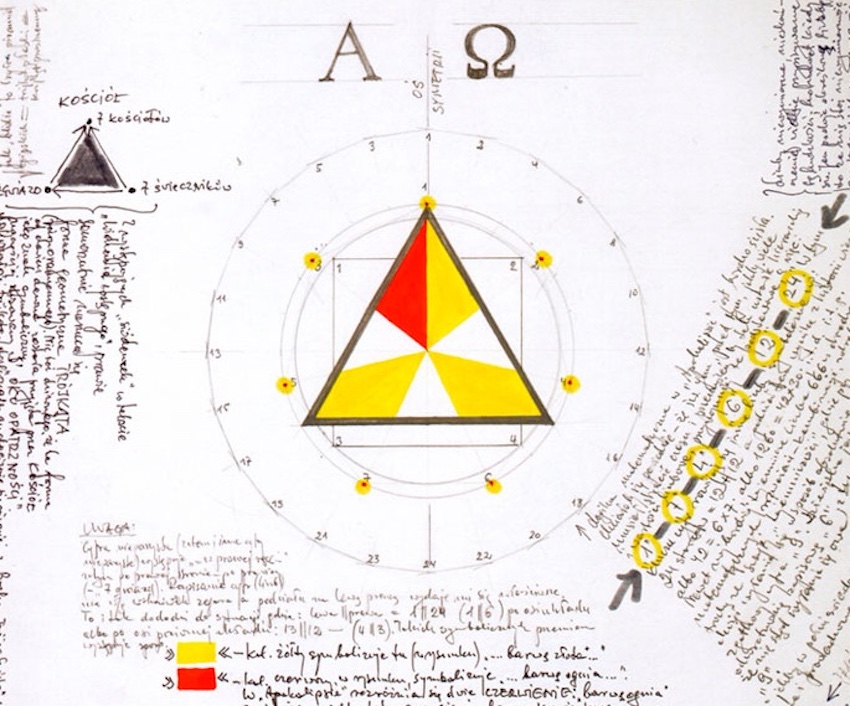Will poverty ever be made history? Lord Bird hopes so and in an attempt to eradicate poverty he has created an all party group in Westminster to tackle the problem. However, the group must ask some searching questions about previous government policies so that the same mistakes will not be repeated.
The all party group’s stated aim is to: “… bring entrepreneurialism to the heart of government, looking at how funding structures could break the cycle of poverty rather than reinforce it. We work with business-minded organisations invested in creating long-term solutions that lift people out of poverty and into self-sufficiency.” For many years Lord Bird has argued that instead of pouring taxpayer’s money into tackling the symptoms of poverty, it should solve the more difficult social problems at their root cause. He illustrates his argument with the statistic that 80% of the social pound is spent on helping the poor get through that day or that month. His approach to eliminating poverty aligns with its aim of the The Big Issue, which he started in 1991, to give people a “hand up, not a hand out”. In general, tax papers money should be spent on developing peoples potential so that they can contribute to the rest of society rather than keeping them stuck in poverty.
A study from the US reviewed their government’s anti-poverty policies. There were some successes but they have left children more exposed to poverty and with an estimated 12.5 mn people in “deep poverty”. I’m sure that it is a similar performance for the UK. Reviewing previous government initiatives would give insights into what works and what doesn’t work. The lack of success will be complex and could include: targeting the wrong problem, lack of real commitment to the policy, not enough resources and changes in governments. But there maybe other issues such using the wrong approach to develop a policy. For example why not ask the people who are in poverty what would help?
However, care must be taken that looking back doesn’t get stuck in “paralysis by analysis” and it takes too long. There is an emergency in people’s living standards and new solutions need to be found urgently. One way that might help is applying the framework developed by Lord Bird to classify the impact of different initiatives. It is called PECC: Prevention, Emergency, Coping and Cure. This could be applied to any policy review to identify its aim and then ask what worked well and what didn’t.
Poverty has cast its shadow over peoples lives for hundreds of years. If we are to make it history then we must look back and learn from the effectiveness of previous policies that succeeded rather than repeating the same mistakes.





